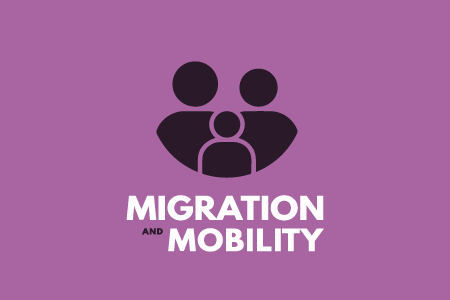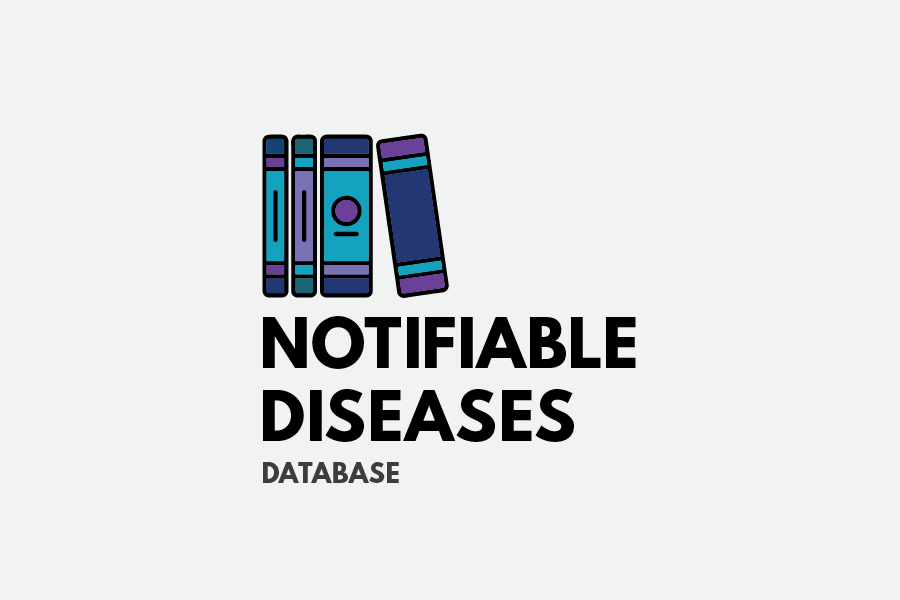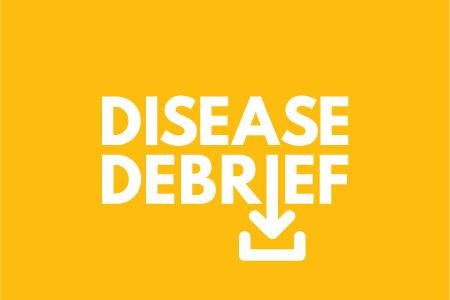
We help public health practitioners find, understand and use infectious disease research and evidence.
News
Lice and lethality: the re-emergence of louse-borne Bartonella quintana in Canada
This webinar will describe the re-emergence of B. quintana in Canada, examining transmission dynamics, disease burden, and emerging pathways of spread. The webinar will highlight how neglected bacterial infections linked to socioeconomic vulnerability remain concealed drivers of disease and mortality in Canada.
How do you build a digital STBBI testing program?
In this webinar, the Digital & Sexual Health Initiative team at the BC Centre for Disease Control and the University of British Columbia will share practical lessons from GetCheckedOnline, an effective digital STBBI testing program that has been operating in British Columbia for more than a decade.
Wastewater-Based Surveillance Program
A peer-to-peer learning program on wastewater-based surveillance for COVID-19, other pathogens and agents for public health practitioners.
Indoor environmental quality (IEQ) in shelter settings: What it means and why it matters
In this webinar, participants will learn to identify indoor environmental quality (IEQ) considerations for congregate settings, explore impacts of aspects of IEQ on the health of people in shelters and understand the connection between IEQ and the spread of infectious diseases.
Chikungunya
Chikungunya virus (CHIKV) is an arbovirus that causes Chikungunya fever. The virus was first detected in Tanzania in 1952. Since then, it has spread to over 110 countries: outbreaks have occurred in Africa, the Americas, Asia, Europe, and islands in the Indian and Pacific Oceans. The expansion of the range of Aedes aegypti and Aedes albopictus mosquitoes because of climate change may further the spread of infection.
No Stewardship without Stewards: Resourcing Your Antimicrobial Stewardship Program
Join us for a review of the challenges, successes, and best practices in resourcing antimicrobial stewardship programs.
NCCID News + Alerts
NCCID News and Alerts are your way to stay connected with all NCCID has to offer – current, peer-reviewed expertise and evidence on infectious diseases public health in Canada.

Point of Care Testing (POCT)
Point-of-Care Testing involves diagnostic testing carried out in close proximity to the patient, frequently at the patient’s bedside,
in a primary care environment or in a community setting, as opposed to being conducted in a centralized clinical laboratory.
Discover how challenges are being addressed through innovative POCT solutions and collaborative efforts.
Looking for case studies and recent practical examples of POCT use?

Surveillance Advances Seminar Series
The Surveillance Advances Seminar Series will focus on topics defining the future of public health surveillance and emerging issues and perspectives in surveillance. This seminar series will introduce public health surveillance concepts and principles with discussions of specific topics in epidemiology, public health, and health equity.
Watch previously recorded Surveillance Advances seminars on YouTube
Project Streams
Emerging Diseases and Outbreaks
The aim of this project stream at NCCID is to provide the most recent information available on emerging infectious diseases (EIDs): an EID is an infectious disease that has appeared in a population for the first time, or that may have existed previously but is rapidly increasing in incidence or geographic range. Outbreaks are the occurrence of disease cases in excess of what would normally be expected for a community, geographical area or season.
Tuberculosis
Despite its low prevalence in Canada, tuberculosis (TB) remains a public health challenge in this country. Overall incidence rates of active TB remain stagnated, and the burden of disease continues to concentrate among certain populations that are disproportionately represented among the new cases.
Mathematical Modelling and Big Data
Mathematical modelling is a research method that can inform public health planning and infectious disease control. Through complex simulations of real-world possibilities, mathematical modelling provides a cost-effective and efficient method to assess optimal public health interventions.
HIV/STBBI Prevention and Control
NCCID’s HIV and sexually-transmitted and blood-borne infections (STBBI) projects aim to respond to the recognized need for more strategic, coordinated and integrated approaches in Canada through the translation and exchange of knowledge between researchers, policy-makers and practitioners.
Antimicrobial Use and Resistance
Antimicrobial resistance (AMR) refers to changes in infectious organisms (viruses, bacteria, fungi and parasites) so that they can no longer be controlled or treated effectively by standard drugs such as antibiotics, antivirals and antifungals. AMR is an increasingly serious threat to public health and NCCID works with partners across the country to provide evidence and resources on AMR surveillance and antimicrobial use (AMU).
Migration and Mobility
Population movements—from global migration to community displacement—contribute to the emergence and re-emergence of infectious diseases in Canada.
NCCID supports knowledge translation in fast-growing areas of refugee, evacuee, and migrant workers’ health to bring current evidence and information to public health practitioners and policymakers.
Prevention by Vaccine
NCCID supports public health efforts to improve prevention by vaccines and immunizations, including approaches to vaccine confidence.
Notifiable Diseases Database
Each Canadian province and territory has legal requirements for reporting certain infectious diseases. The reporting requirements are usually outlined in legislation, and the list of conditions that must be reported is usually outlined in regulations. The NDDB is a compilation of case definitions in all Canadian provinces and territories.
Diseases Debriefs
NCCID Disease Debriefs are designed to offer timely and up-to-date knowledge of emerging and re-emerging infectious diseases for Canadian public health audiences. Disease Debriefs connect readers to clinical and public health guidance, evidence, and other sources of information.













